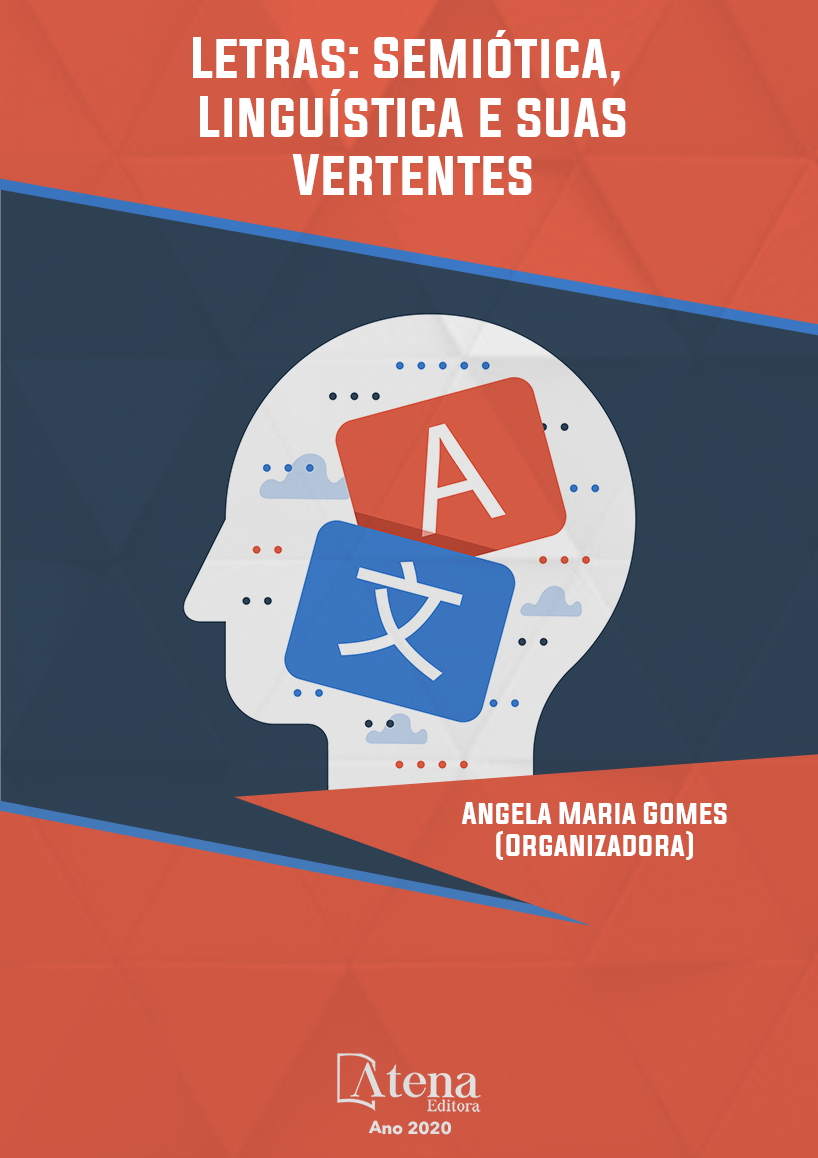
LITERATURA E REPRESENTAÇÃO HISTÓRICO-SOCIAL NO ROMANCE CHÃO BRUTO DE HERNÂNI DONATO
Este texto objetiva analisar o processo de elaboração do romance Chão Bruto, embasando-se em conceitos como: repertório, sobrevivência da forma, imperialismo, múltiplas fronteiras, identidade plural, comunitarismo cultural, propostos por Abdala Junior (2012) e nas discussões de Inocência Mata (2013) acerca da “literatura mundo”. A trama da narrativa, publicada em 1956, desenrola-se em torno do tema da ambição humana e desnuda as situações, complicações e dramas da vida de um grupo social, em um lugar distante da vida urbana, no então “Sertão Desconhecido”, engendrado no interior do Estado de São Paulo do início do século XX. Trata-se da conquista do Extremo Sudoeste Paulista que é retratada por meio da luta sangrenta pela terra entre posseiros e grileiros, dada a valorização da propriedade pela construção da Estrada de Ferro Sorocabana. Sofrendo pressões socioeconômicas de um sistema capitalista, que escraviza e dá sustentação à relação opressiva entre dominadores e dominados, os protagonistas vivenciam a oposição entre grupos e experimentam situações trágicas, bem como a degradação humana. Chão Bruto pode ser considerada uma narrativa regional, neorrealista e literatura de cunho social, porém almeja o geral a partir de um lócus enunciativo, por onde os sujeitos da enunciação acessam o mundo, é a partir da experiência histórica que se configura a dialética entre local e geral, visando não mais reafirmar a construção de uma identidade, mas reconhecer uma “cor local” que não se limita em um espaço, realçando a vulnerabilidade das fronteiras e a multiplicidade dos sertões.
LITERATURA E REPRESENTAÇÃO HISTÓRICO-SOCIAL NO ROMANCE CHÃO BRUTO DE HERNÂNI DONATO
-
DOI: 10.22533/at.ed.2332016016
-
Palavras-chave: Literatura Social. Hernâni Donato. Chão Bruto.
-
Keywords: Social literature. Hernâni Donato. Chão Bruto
-
Abstract:
This text aims at analyzing the process of elaboration of the novel Chão Bruto, based on concepts such as: repertoire, form survival, imperialism, multiple borders, plural identity, cultural communitarianism, proposed by Abdala Junior (2012) and the discussions of Innocence Mata (2013) about “world literature”. The plot of the narrative, published in 1956, unfolds around the theme of human ambition and exposes the situations, complications and dramas of the life of a social group, in a distant place of urban life, in the then “Unknown Hinterland”, engendered in the interior of the state of São Paulo of the early twentieth century. This is the conquest of the Extreme Southwest Paulista that is portrayed through the bloody struggle for land between squatters and land grabbers, because of the valuation of property due to the construction of the Sorocabana Railway. Faced with socioeconomic pressures from a capitalist system that enslaves and supports the oppressive relationship between dominators and dominated, the protagonists live the opposition between groups and experience tragic situations as well as human degradation. Chão Bruto can be considered a regional narrative, neorealistic and social literature, but it seeks the general from an enunciative locus, through which the enunciation subjects access the world, it is from the historical experience that the dialectic between local and global is configured aiming not to reaffirm the construction of an identity, but to recognize a “local color” that is not limited in a space, highlighting the vulnerability of the borders and the multiplicity of the hinterlands.
-
Número de páginas: 15
- JESUINO ARVELINO PINTO


